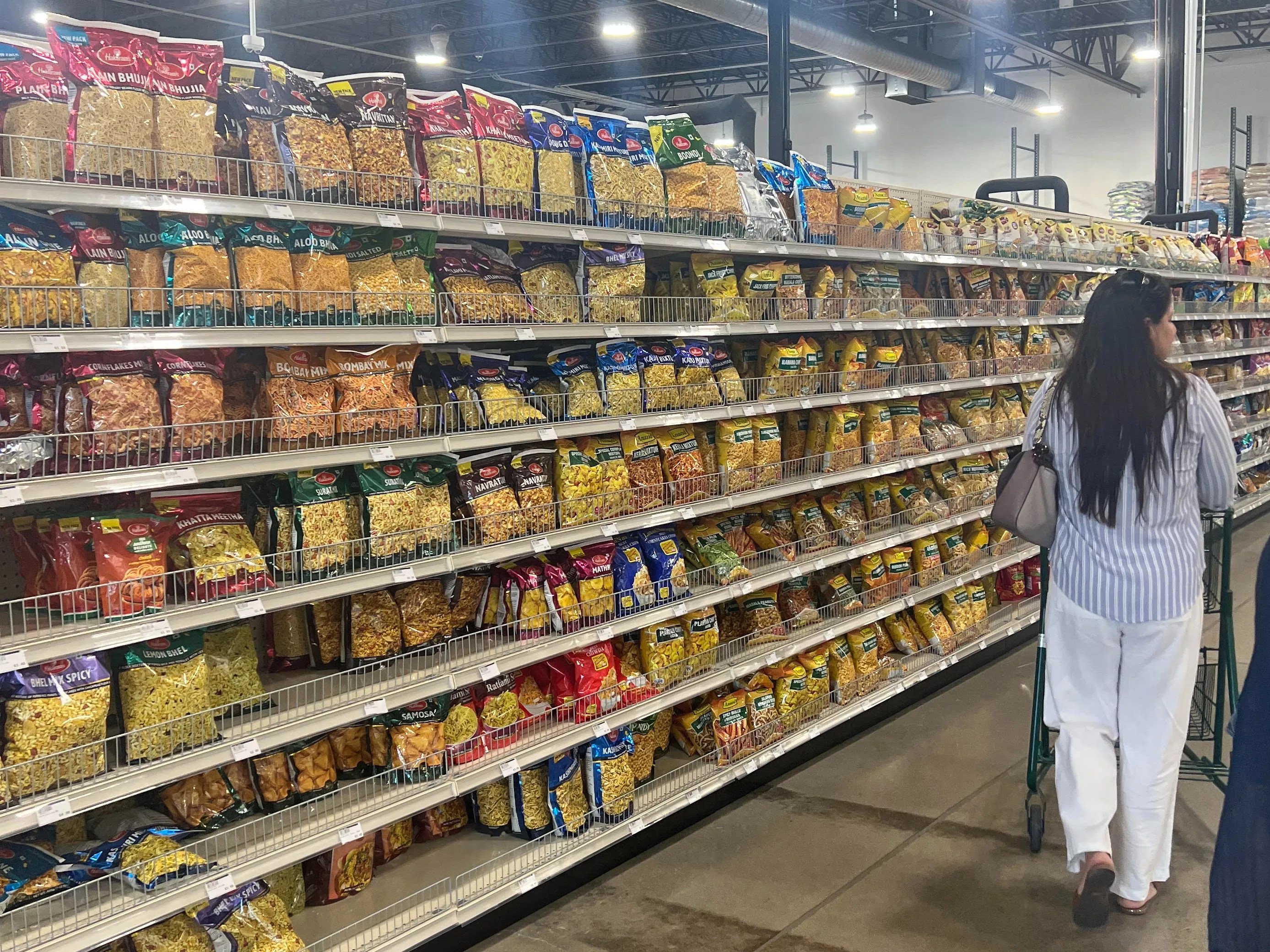
Cynthia Barnes

Audio By Carbonatix
Is it the eggs? The coffee? The tariffs? In Denver, it could be all three.
If you’re wondering why you’re paying an upcharge at breakfast spots for bean juice and huevos, it could be like a lingering symptom of last winter’s economic woes. And while a report this month from Wallethub shows that the Denver metro area has actually performed okay on an annual basis for inflation compared to the rest of the country, it’s the recent developments that are more concerning.
Comparing the latest month of Consumer Price Index (CPI) statistics for Denver with prices a year ago shows a jump of 2.2 percent, which is ninth-best among the country’s largest 23 metro areas. But when comparing the latest month’s CPI data to two months prior, Wallethub found a 1 percent increase in prices in Denver. Only Seattle, St. Louis and Boston were hurt worse.
Say you bought a $25,000 car in Denver back in April. By these metrics, the same car will cost another $250 right now.
There’s little good to say about the report, especially as Denver prepares to lay off and furlough local government workers next year while trying to make cuts across the city budget – cuts that are needed after a steep reduction in local tax revenue. (The state’s budget and towns across the metro, such as Aurora and Lakewood, are in similar economic situations.)
So if you have a feeling we’re paying more here in the Denver metro than in other cities around the nation, congratulations, your spidey senses are sharp. You’d save about 10 percent of your income if you moved to, say, Dallas instead of living in Denver. Dallas has among the lowest inflation rates of the top 23 metro areas in the country.
But do you really want to live in Dallas?
Here’s the top ten cities with the worst inflation problems, as ranked by WalletHub:
| Overall Rank | MSA | Total Score |
Consumer Price Index Change (Latest month vs 2 months before) |
Consumer Price Index Change (Latest month vs 1 year ago) |
|---|---|---|---|---|
| 1 | Seattle-Tacoma-Bellevue, WA | 84.72 | 1.40% | 2.70% |
| 2 | Boston-Cambridge-Newton, MA-NH | 77.35 | 1.10% | 3.00% |
| 3 | Chicago-Naperville-Elgin, IL-IN-WI | 72.76 | 0.80% | 3.50% |
| 4 | St. Louis, MO-IL | 70.41 | 1.10% | 2.50% |
| 5 | San Diego-Carlsbad, CA | 69.23 | 0.60% | 3.80% |
| 6 | New York-Newark-Jersey City, NY-NJ-PA | 68.91 | 0.70% | 3.50% |
| 7 | Denver-Aurora-Lakewood, CO | 62.39 | 1.00% | 2.20% |
| 8 | Philadelphia-Camden-Wilmington, PA-NJ-DE-MD | 62.29 | 0.60% | 3.30% |
| 9 | Urban Honolulu, HI | 61.65 | 0.80% | 2.70% |
| 10 | Riverside-San Bernardino-Ontario, CA | 56.41 | 0.70% | 2.60% |
Source: WalletHub